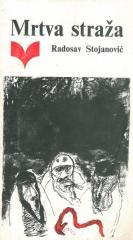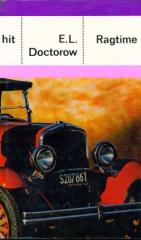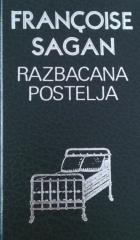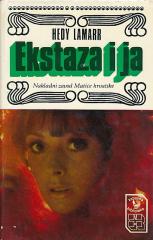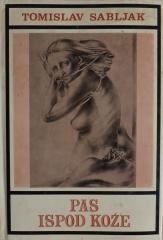
Inženjer ljudskih duša
A masterpiece of Czech literature that has become a world classic. This partly autobiographical novel, told through the eyes of Daniel Smiricky, a Czech writer in Canadian exile, combines ironic humor, nostalgic warmth, and sharp criticism of totalitarian
In 1976–1977, Smiricky teaches English and American literature at the fictional Edenvale College in Toronto, struggling with the boredom of exile: uninterested students like the socialist activist Larry Hakim or the wealthy Irene Svensson, with whom he begins a passionate affair. In a Czech émigré community full of informants, he receives letters from the homeland – testimonies of repression under communism.
The novel is fragmented, without a linear plot: short segments weave the present with flashbacks to his youth in Kostelec during World War II (1942–1944). Then, after the university closes, he works at the Messerschmitt factory, sabotaging the Nazis with friends like Prema Skocopole. In love with the fragile Nadia Jirouskova, a symbol of lost love, who dies of tuberculosis in 1946, Smiricky experiences heroism and tragedy under occupation.
After the war comes the communist dictatorship: censorship, persecution, the failed Prague Spring of 1968 that forces him to flee. Friends like the poet Jan Prouza, who commits suicide in 1972, or Vachouska, executed in the 1970s, illustrate the moral dilemmas and victims of totalitarianism. The themes are profound: totalitarianism as "engineering of souls" (an allusion to Stalin), the power of literature in resistance, the nostalgia of exile, the contrast between Eastern repression and Western freedom - empty and material. Smiricky reflects on life, women, fate, dreams, the working class, secret agents, love and death, illuminating them with Škvorecký's subtle humor.
The seven chapters are named after American writers (Poe, Hawthorne, Twain), exploring horror, beauty, fear and hope. Other characters – such as Veronika Prst, a student returning to Czechoslovakia, or the cheerful emigrant Dotty, who marries a rich man – provide comic and tragic contrasts. The novel ends on an optimistic note: the spring of 1977, Dotty's wedding, and Smirick's trip to Paris with Irene symbolize a new beginning amidst losses.
The book consists of two volumes.
Jedan višetomni primjerak je u ponudi.


